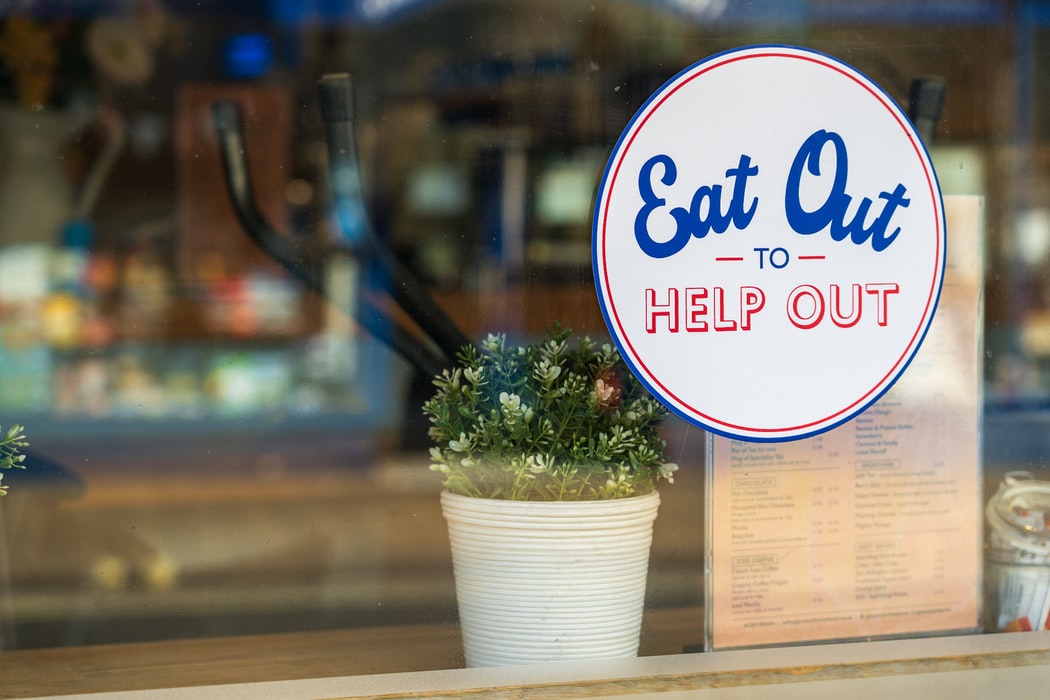The end of August marked the culmination of Chancellor Rishi Sunak’s popular Eat out to Help Out scheme. Despite the misery caused by COVID-19, one of the few high points of recent months arrived in the form of the government-sponsored, half-price meal scheme.
The scheme, which gave diners 50% of meals up to a maximum of £10, undoubtedly tempted many people back into restaurants after lockdown came to an end. Over 84,000 eateries signed up to the scheme, with an estimated 80 million meals served, at a potential cost of over £400 million to the taxpayer.
More importantly, perhaps, the scheme is credited with an increase in footfall on the high street of 6% last week. In Liverpool, the Chancellor’s initiative is said to have resulted in a 27% increase in footfall compared to July when restaurants first reopened, according to figures from Liverpool BID Company.
As the government rejects calls to extend the scheme into September, it is an opportune time to ask whether the scheme has provided anything more than sticking plaster to the embattled sector. Indeed, many restaurant owners are concerned that tough times will return in the autumn months, ahead of a much-feared second wave. The autumn is traditionally the start of quieter months in the sector, as the clocks change and the weather worsens.
The government remains tight-lipped about whether it is willing to re-introduce the scheme at a later date, with officials keen to highlight its continued support. It argues that the furlough scheme, which runs until October, continues to benefit many employers, as does the temporary VAT cut to 5%.
However, the best indication that the scheme and other measures may not be enough lies in the news that many chains are continuing with the initiative, at their own expense, throughout September. Many chains wish to build on the momentum seen in August and on the goodwill shown by diners. Wetherspoons, Harvester, Tesco Café and Toby Carvery are among those which have stated their intention to continue the scheme for part or all of September
William Lees- Jones, Managing Director of J W Lees, said that whilst the initiative had been successful, the sector needed an influx of tourists and office workers to ensure it returns to growth. Neither are likely to occur any time soon, with many office workers working remotely for the foreseeable future. The boss of the Greene King pub chain shared this concern with the BBC, noting that its city centre venues were still struggling, especially in London.
The biggest challenge for the beleaguered sector is how to maintain the impetus brought about by Eat Out to Help Out. It is a conundrum that no doubt keeps Rishi Sunak, local councils and business owners awake at night in the hope of finding a solution. Without additional measures, the jobs of over 600,000 and the livelihoods of thousands of business owners hang in the balance.



